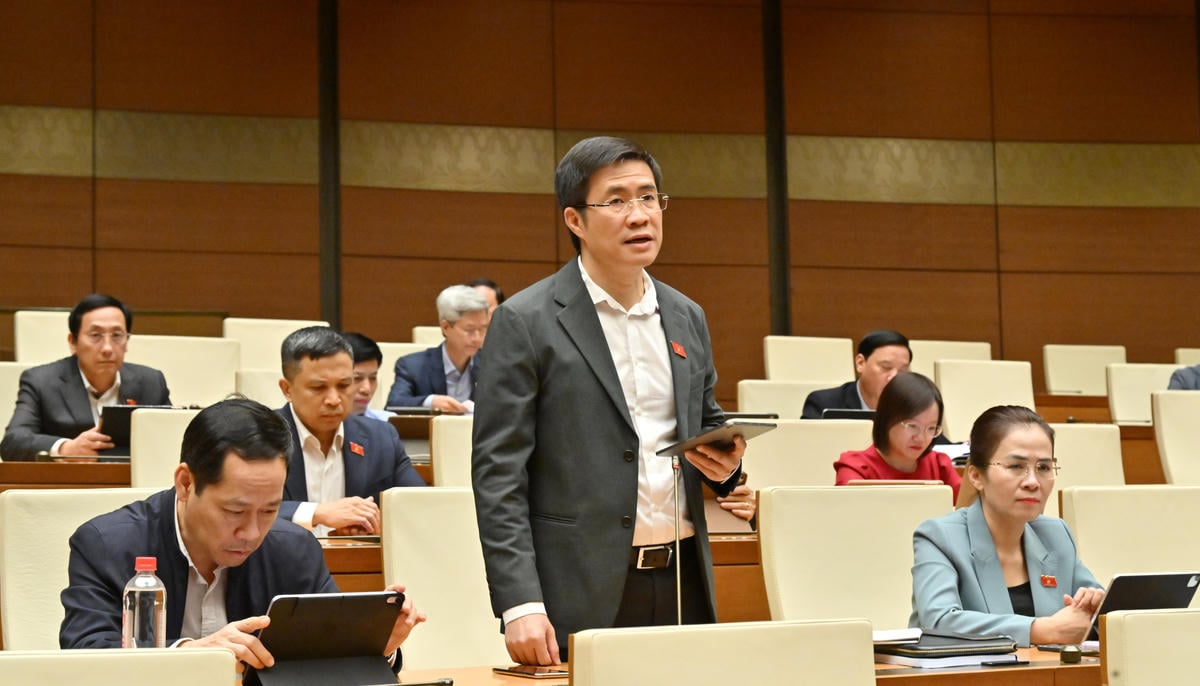
Grandfather Filial piety agree with the Government 's approach to building this law. This draft law also clearly defines Vietnam's approach to artificial intelligence. It is both friendly to AI development and has regulations to ensure that the risks that AI can bring are minimized.
In his speech, Mr. Hieu focused on further analyzing the provisions in Article 20 of the draft Law on Controlled Testing Mechanism to ensure feasibility and create the most favorable conditions for the development of AI systems, especially domestic AI systems.
According to Mr. Hieu, the controlled testing mechanism for the development of artificial intelligence is extremely important. Because artificial intelligence is a very new issue, related to many different fields, if only based on the current legal framework, it cannot create conditions for AI development. The main purpose of the controlled testing mechanism for AI is to remove legal barriers that are hindering AI models, allowing testing within a limited scope to obtain data to prove effectiveness, thereby promoting long-term regulatory reform. This method is also very consistent with our current legislative thinking, that is, the institution must go first to pave the way for development; what is known is managed, what is unknown and unclear is not managed. Therefore, the regulations on the controlled testing mechanism must be the focus of the legal framework on artificial intelligence. Therefore, the drafting agency needs to study and regulate more specifically on this issue in the draft.
Regarding specific comments, Mr. Hieu suggested reviewing the regulations on organizations and individuals participating in controlled trials being exempted or having some compliance obligations reduced as prescribed in this Law in Clause 2 of Article 20. Such regulations lead to the scope of exemption being limited to the provisions of this Law while artificial intelligence systems are often closely related to other relevant legal provisions.
“The testing of AI in self-driving vehicles will be closely related to the prohibitions in the Road Safety Order Law and the Personal Data Protection Law. For example, an AI testing mechanism in self-driving passenger aircraft in Japan is exempted from some aviation regulations. Or the testing of self-driving cars in China and Japan is exempted from the provisions of the Personal Data Protection Law, which is to use image data that does not blur the faces of traffic participants to train and train the vision of AI”, Mr. Hieu gave an example and suggested that the drafting agency research and revise the provisions in Clause 2, Article 20 in the direction of clearly defining the organizations and individuals participating in controlled testing that are exempted . or reduce certain compliance obligations prescribed in this Law and other relevant laws.
Regarding the regulation on assigning the state management agency on artificial intelligence to organize the reception, appraisal and processing of dossiers to participate in controlled testing activities according to the appraisal and quick response process , Mr. Hieu agree with this regulation, especially the provision on quick assessment and response. However, AI systems are not simply a matter of technology and algorithms, but also a multidisciplinary and interdisciplinary matter. Therefore, the provisions in Clause 5 are probably only suitable for general-purpose AI systems such as generative AI like ChatGPT and Gemini. As for specialized AI systems, the interdisciplinary nature is very high.
Grandfather Filial piety For example, the DrAid system is an AI product supporting medical image diagnosis developed by VinBrain company . If the registration for testing is carried out, the Ministry of Health cannot avoid the supervision and management role. Therefore, in some countries, the appraisal and licensing of controlled testing of AI systems is assigned to an interdisciplinary council. Therefore, it is recommended to revise the provisions in Clause 5 in the direction of "The State management agency for artificial intelligence shall preside over and coordinate with relevant state management agencies to organize the reception, appraisal and processing of dossiers for participation in controlled testing activities".
Grandfather Hieu also commented, The provisions of Article 20 still lack provisions on compensation and insurance liability. Accordingly, the current provisions of the draft Law It does not mention who is responsible if the test causes damage to a third party. As a general rule, the testing organization or individual will have to pay civil compensation if damage is caused. Therefore, it is recommended to consider adding this provision to the draft.
“ In addition, to facilitate and encourage the spirit of innovation, we believe that it is also necessary to research and supplement support mechanisms for organizations and individuals participating in testing to prevent risks . For example, a mechanism to support liability insurance before conducting testing or the state can support part of the budget (through various Funds) to encourage participation in testing. Without this policy mechanism, businesses developing high-risk AI systems (such as self-driving cars) and in the start-up phase will be reluctant to test, because just one accident is enough to lead to bankruptcy ,” Mr. Hieu said.
Source: https://daidoanket.vn/de-xuat-bo-sung-co-che-ho-tro-cho-cac-to-chuc-ca-nhan-tham-gia-thu-nghiem-ai.html




![[Photo] Prime Minister Pham Minh Chinh chairs the 15th meeting of the Central Emulation and Reward Council](/_next/image?url=https%3A%2F%2Fvphoto.vietnam.vn%2Fthumb%2F1200x675%2Fvietnam%2Fresource%2FIMAGE%2F2025%2F11%2F27%2F1764245150205_dsc-1922-jpg.webp&w=3840&q=75)


![[Photo] President Luong Cuong attends the 50th Anniversary of Laos National Day](/_next/image?url=https%3A%2F%2Fvphoto.vietnam.vn%2Fthumb%2F1200x675%2Fvietnam%2Fresource%2FIMAGE%2F2025%2F11%2F27%2F1764225638930_ndo_br_1-jpg.webp&w=3840&q=75)
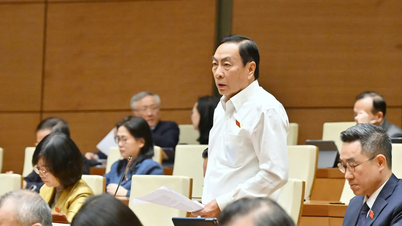


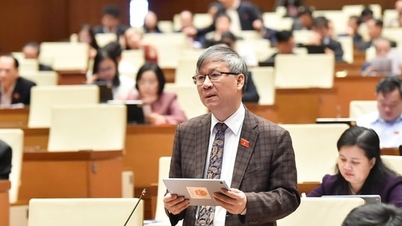

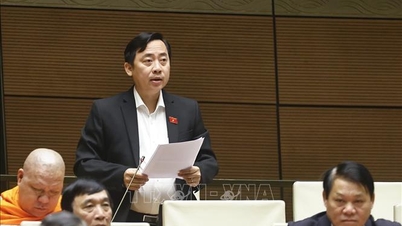

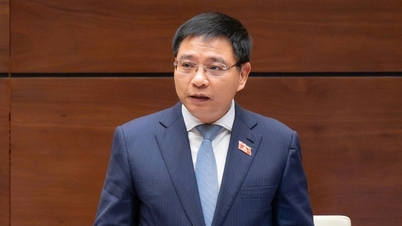

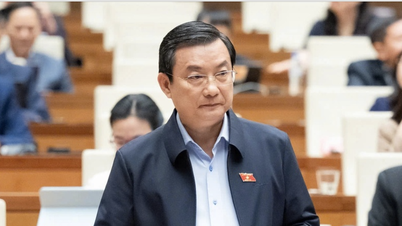
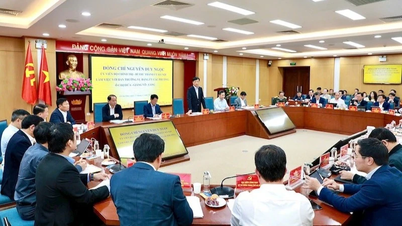

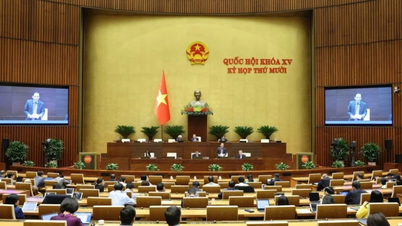
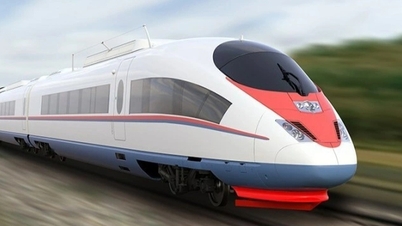
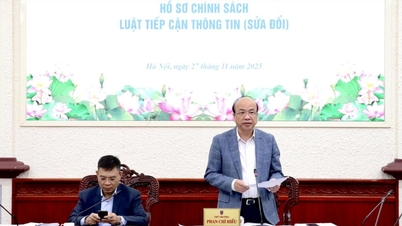

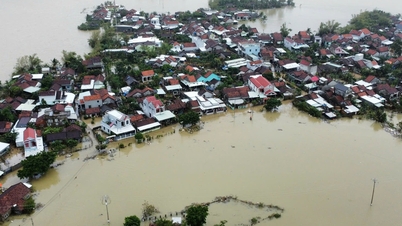





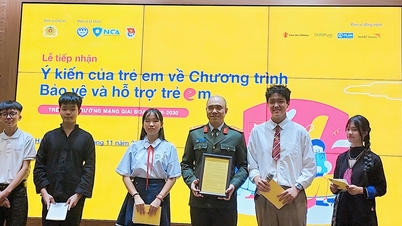
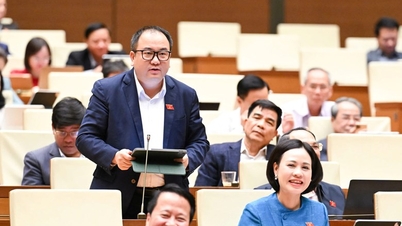
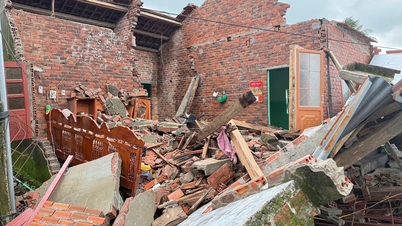
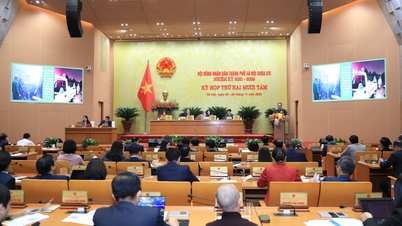

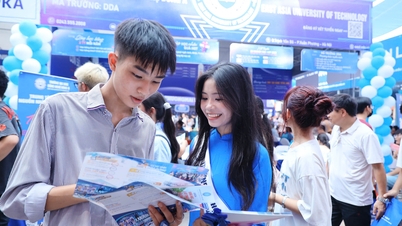


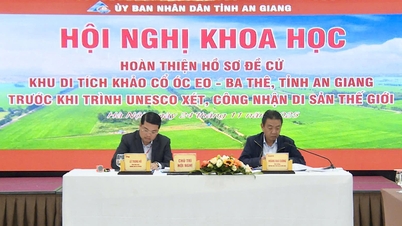







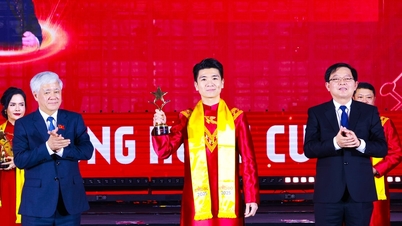


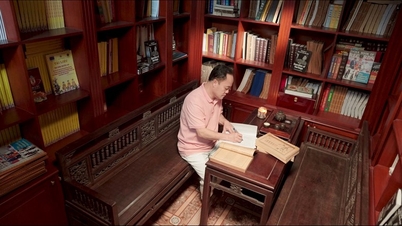
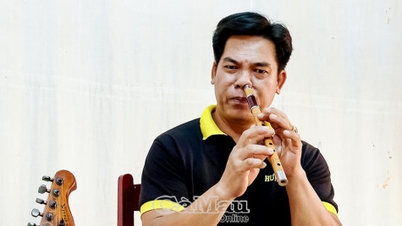

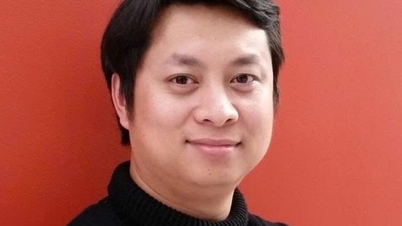

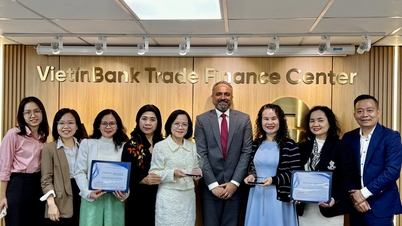





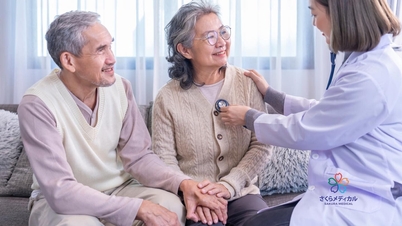







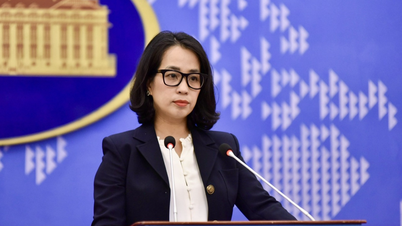


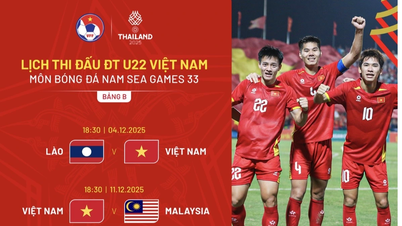
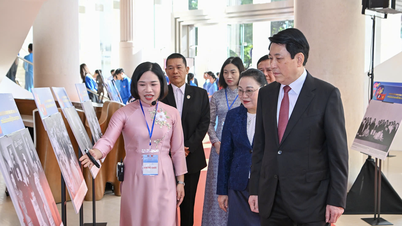
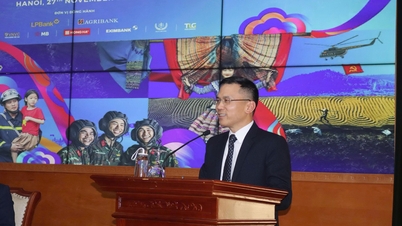
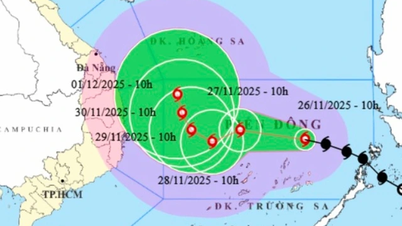
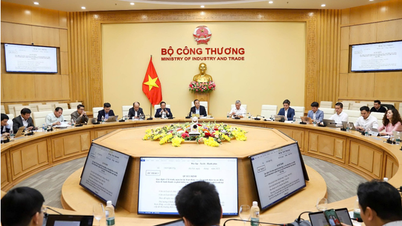

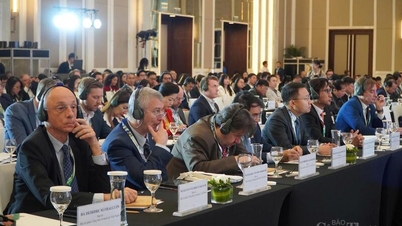
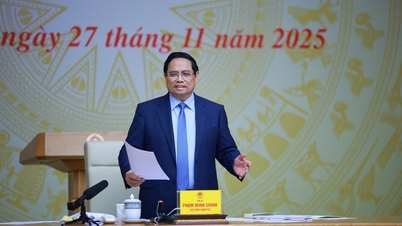




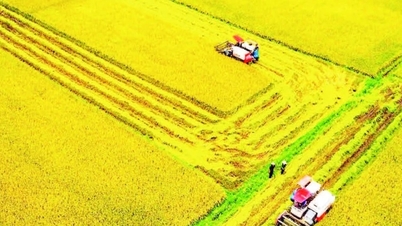

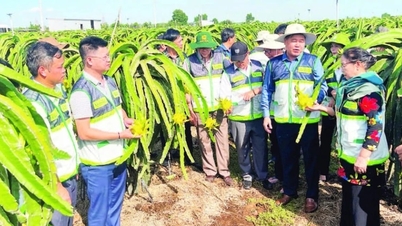
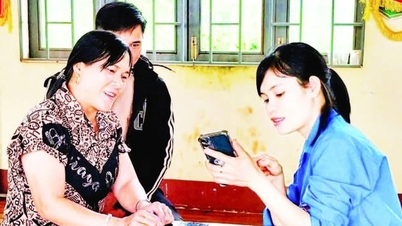
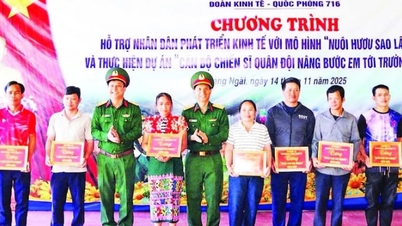
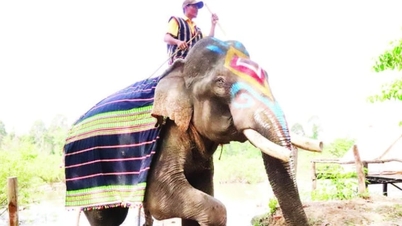












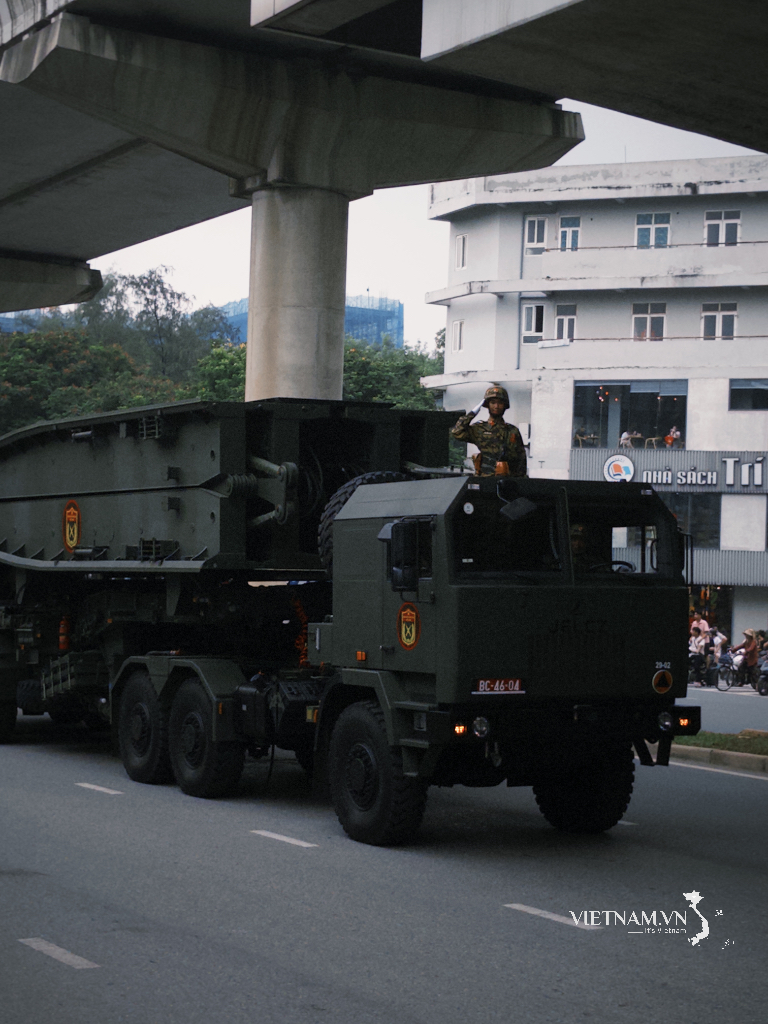
Comment (0)